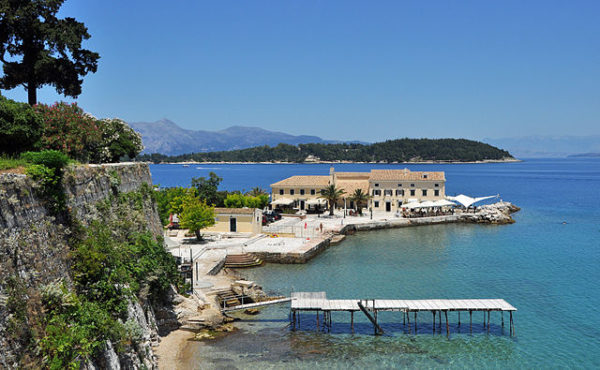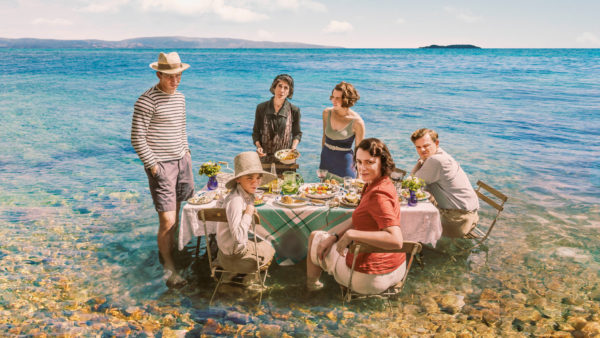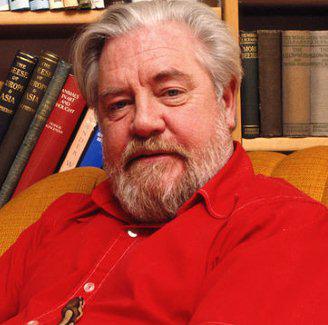I read Gerald Durrell’s autobiographical novel, My Family and Other Animals, long ago, but its masterful portrayal of a British family on the Greek island of Corfu in the second half of the 1930s remained vividly fixed in a corner of my mind.

So I was glad to learn that The Durrells in Corfu, a six-part British Masterpiece series based on his trilogy (My Family and Other Animals, Birds, Beasts and Relatives and The Garden of the Gods), will be broadcast by the PBS network from October 16 onward.
The Durrells in Corfu, written by Simon Nye and directed by Steve Barron and Roger Goldby, is charming and witty, though hardly flawless. There are moments when it sags quite badly and turns off a viewer. And I was disappointed that far too much of it was shot indoors in dark hues rather than in Corfu’s brilliant sunshine. These caveats notwithstanding, The Durrells in Corfu is pleasing thanks in part to its appealing cast.
Louisa, the financially struggling widow who decamps to Greece with her four children in 1935, is played with aplomb by Keeley Hawes. Her three sons and one daughter — Gerry, Larry, Leslie and Margo — are finely portrayed by Milo Parker, Josh O’Connor, Callum Woodhouse and Daisy Waterstone.
Spiro, the kind and generous taxi driver, and Dr. Theo, Gerry’s kindred spirit, are competently played by Alexis Georgoulis and Yorgos Karamihos. Ulric von der Esch depicts Louisa’s Swedish friend in sober fashion.
As the series starts, the Durrells leave their bleak homeland with a sense of relief and arrive in Corfu in a state of confusion. Spiro, a busybody, takes them under his wing and finds them a dilapidated villa overlooking the shimmering sea. As they settle down, Louisa putters around the house, Larry hones his talents as a budding writer, Gerry roams the countryside collecting insects, Leslie hunts for game and Margo dreams of landing Mr. Right.

They’re eccentric and bohemian, a family that’s culturally and linguistically out of sync with the customs of this quiet, quaint, rustic, underdeveloped island off the coast of Greece. In general, the Durrells are seen as a close-knit family who bicker and sometimes even fight, but who are ultimately connected by bonds of love, laughter and loyalty.
There are plots and sub-plots aplenty. Louisa home schools Gerry. Margo shocks a priest by sunbathing in a swim suit. Leslie courts a Greek girl in native costume. As it continues to unfold, Louisa meets a British woman married to a local doctor, worries how she and her brood can survive without a steady income, and runs into the aloof and mysterious Sven.
In the remaining episodes, Larry injures himself in a silly accident and receives his first rejection letter from a publisher. Gerry saves the lives of several puppies, assembles a zoo and makes the acquaintance of a convict. Amid the whirr of events, Margo starts working for a reclusive countess and Louisa’s snobbish relatives from Britain arrive for what will be a contentious visit.

In short, The Durrells in Corfu skillfully resurrects the fantastical world Gerald Durrell created in his three evocative novels.